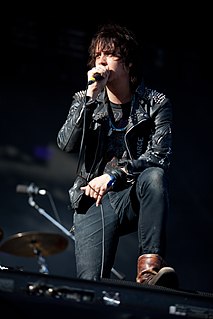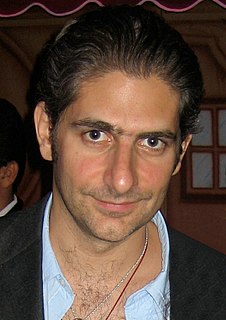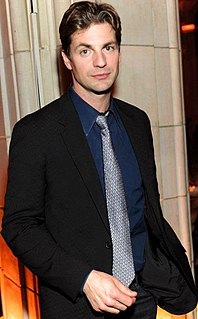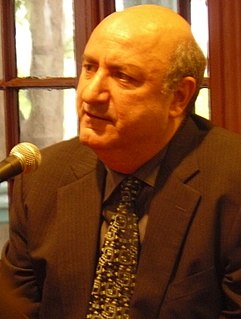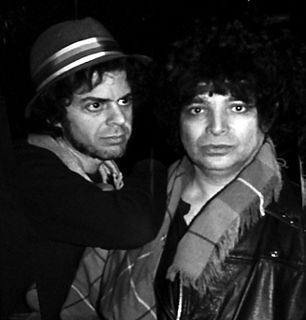A Quote by Julian Casablancas
The way Lou Reed wrote and sang about drugs and sex, about the people around him - it was so matter-of-fact.
Related Quotes
For a while, the gay thing seemed like such a big deal. But now, I don't think it is. It's just a comedy-drama about people who live in the United States. It's a slice-of-life. I play a character-that's it. But I was well aware of the gay lifestyle before the show. I've been hit on in a really strong way by gay men who've tried to convert me, and a lot of my heroes are gay. William Burroughs, Lou Reed. Well, I guess Lou Reed is bi. The point is, it's 2002, gay life is no longer that shocking.
Besides the money aspect, I guess I was curious about sex work. In the way that most people are, but also because ever since I was a teen I had read feminist writers like Dworkin and Mackinnon and the way they wrote about sex work had an enormous impact on me. Was it really as horrible as they said?
For my books of nonfiction I write about subjects I find fascinating. I've been a Yankees and a Lou Gehrig fan for decades, so I wrote 'Lou Gehrig: The Luckiest Man.' It's more the story of his great courage than of his baseball playing. Children face all sorts of challenges, and it's my hope that some will be inspired by the courage of Lou Gehrig.
